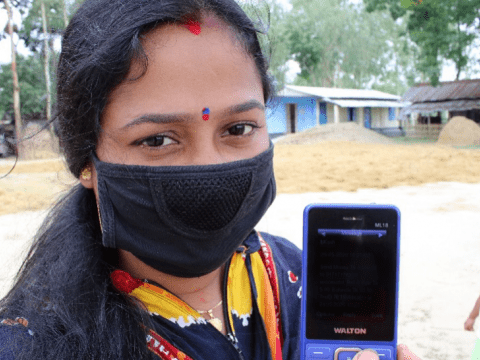Cash Capacity Investment Pays Off

In October, 2020, a total of 55 World Vision staff spanning 17 countries graduated from World Vision’s Cash Academy, a five-month-long training programme designed to target programme, operations, Monitoring Evaluation Accountability and Learning (MEAL) as well as support service staff. The Programme is designed to equip World Vision Field Office staff with the necessary knowledge, skills and systems to context-appropriately design and implement quality Cash and Voucher Programmes that contribute to improving the lives of most vulnerable children, their families and communities.
Over recent years, World Vision has scaled up its cash voucher-based programme portfolio, a majority through regional level engagements. The training received by staff in the World Vision Asia Cash Learning Lab, for example, has contributed to an increase in the cash voucher programme portfolio in South-Asia Pacific and East Asia resulting in over 160 per cent growth from 2019 to 2020.
The COVID-19 pandemic has not slowed down this ambitious programme, conceptualised initially as blended learning of virtual self-study and classroom modules with F2F training components. Currently, details are delivered online to staff in Field and Response Offices from Brazil to Bangladesh. The Cash Academy builds on experiences captured by the Asia programme and others.
The Cash Academy content covers various topics, including overview of the full cash project cycle, external engagement, risk management, digital technologies, social protection and financial inclusion and other Humanitarian-Development-Peace Nexus linkages, as well as remote cash, and voucher assistance.
The programme responds to the global need by the humanitarian and development community to scale-up transfer assistance as a modality of choice in light of the current global pandemic. World Vision sees the Cash Academy as a key organisational capacity investment “paying forward” to build choice and financial resilience beyond survival for vulnerable children and families affected by increasingly protracted and complex disaster shocks.